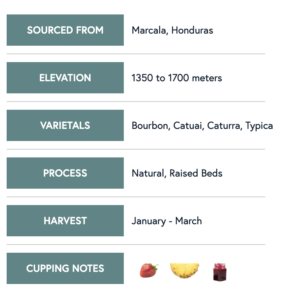
Our Honduras Microlot Fair Trade Coffee that is also Natural Processed is called as Reserva Especíal. And yes, it is very special!
It is a Natural Processed, also called “sun-dried”, Fair Trade, and USDA Organic coffee from Toomer’s Coffee. The floral and fruit aromatics come out as a jammy, strawberry & pineapple mix that will let you know this is a special coffee when you first open the bag. [Read more…] about Honduras Microlot Fair Trade – Organic – Natural Process Coffee
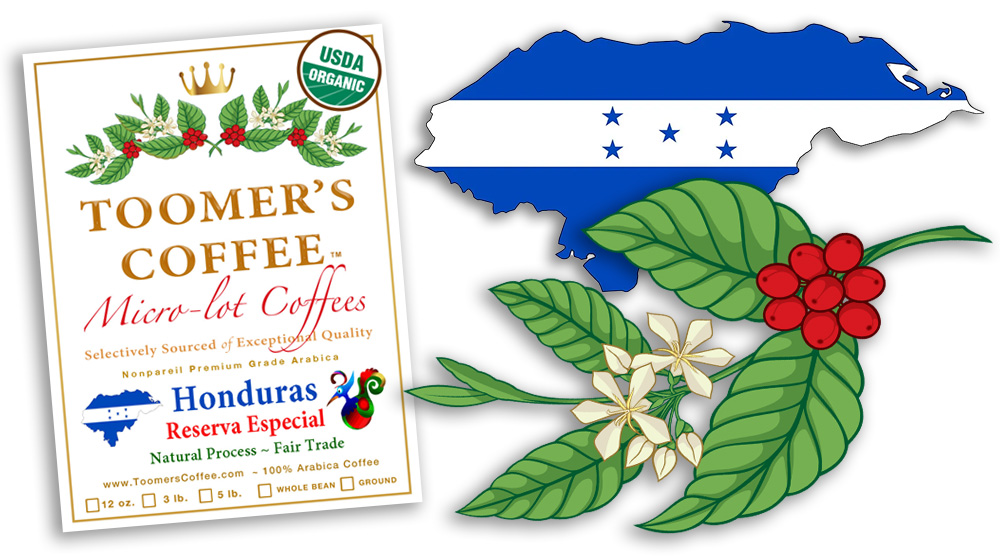
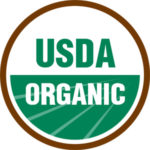

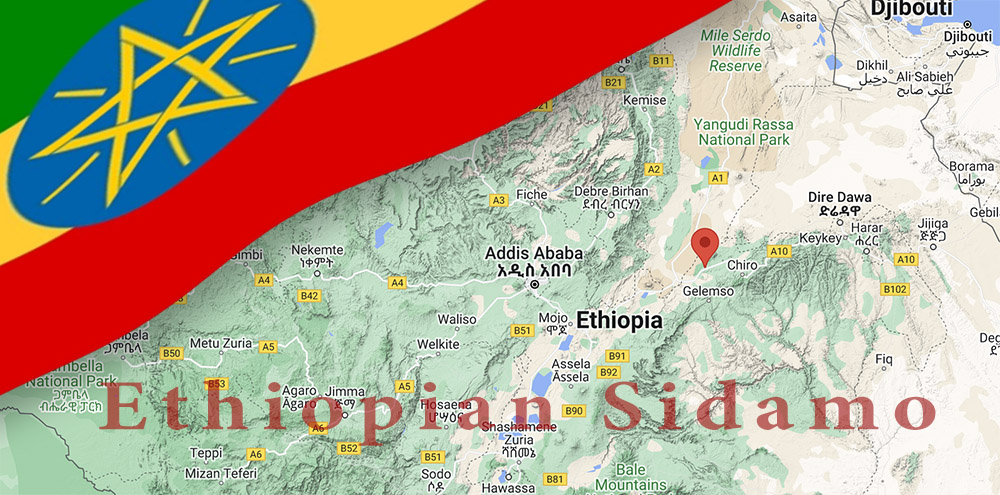
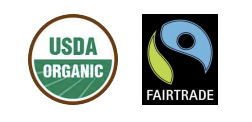
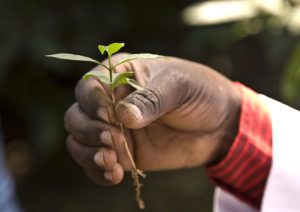

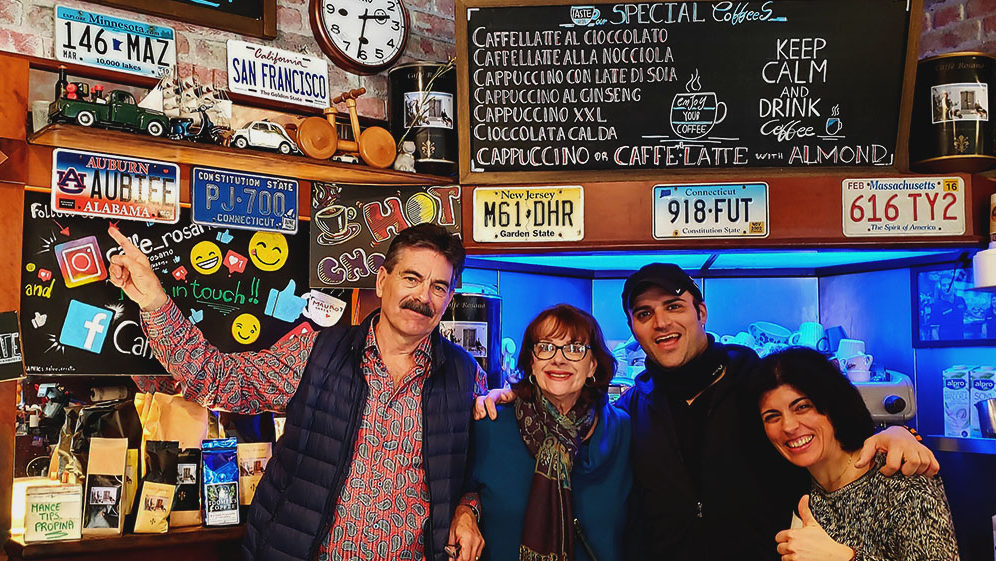
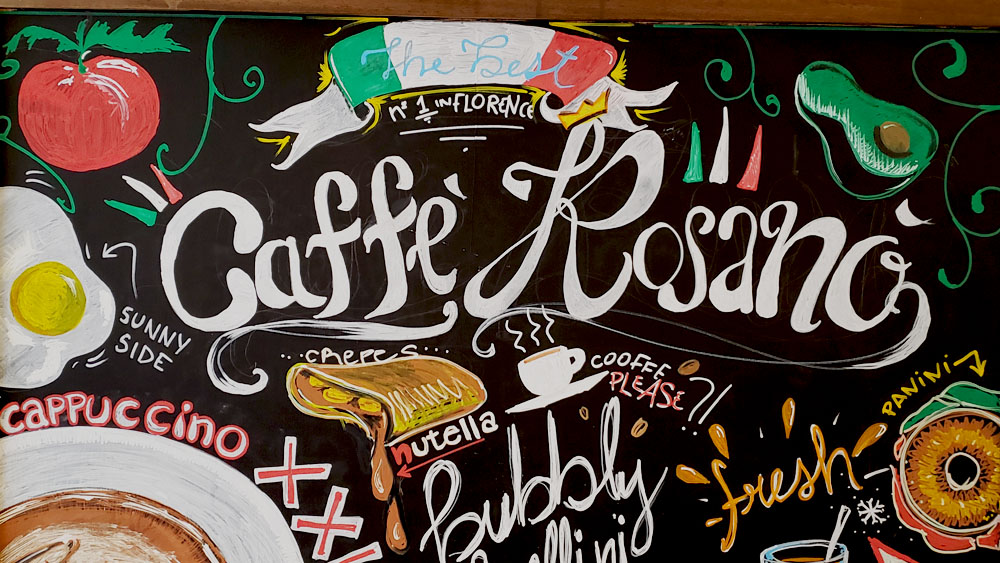
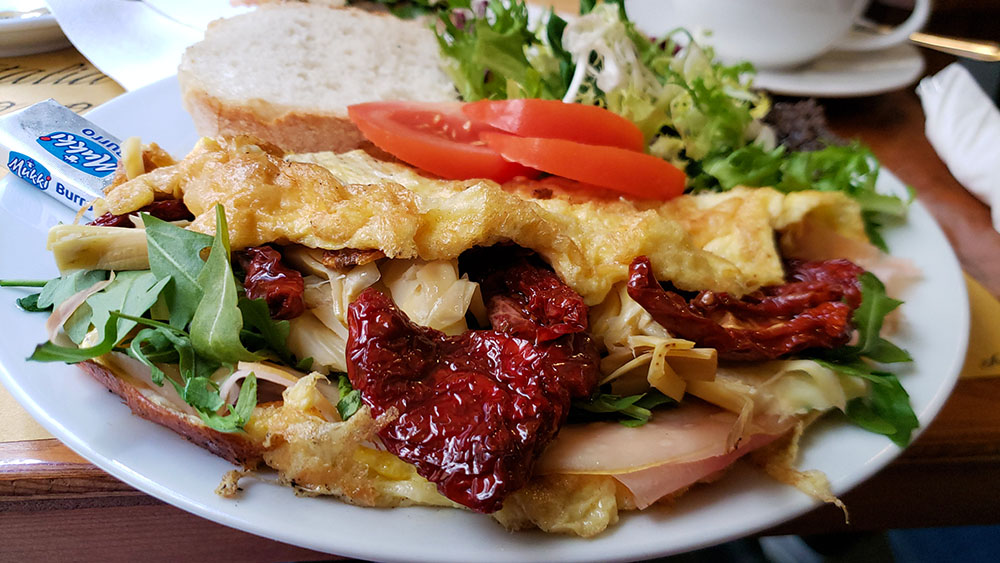
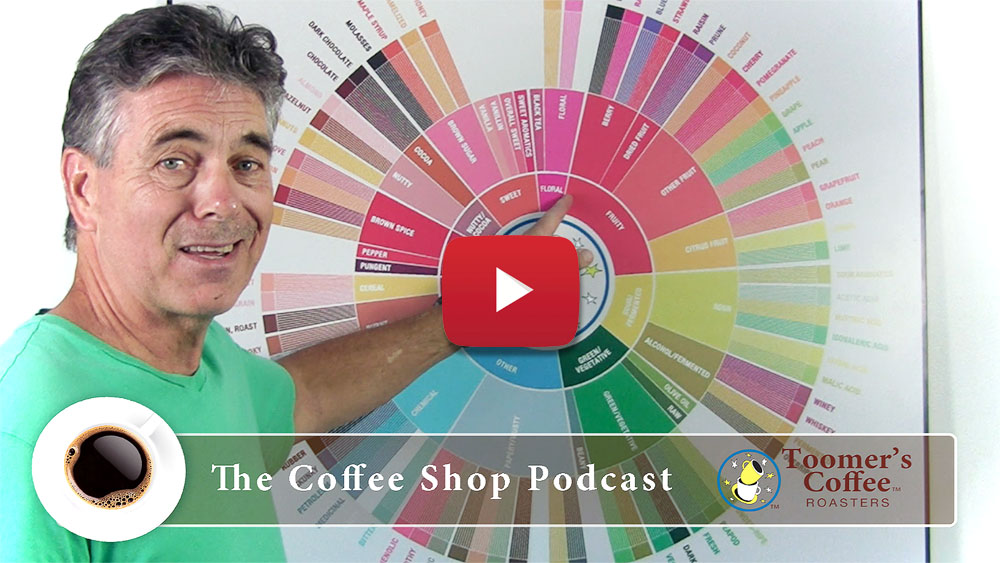
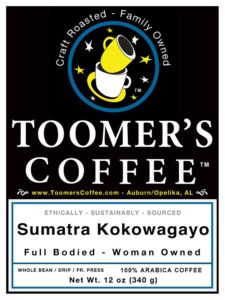 Rain, rain go away!
Rain, rain go away!